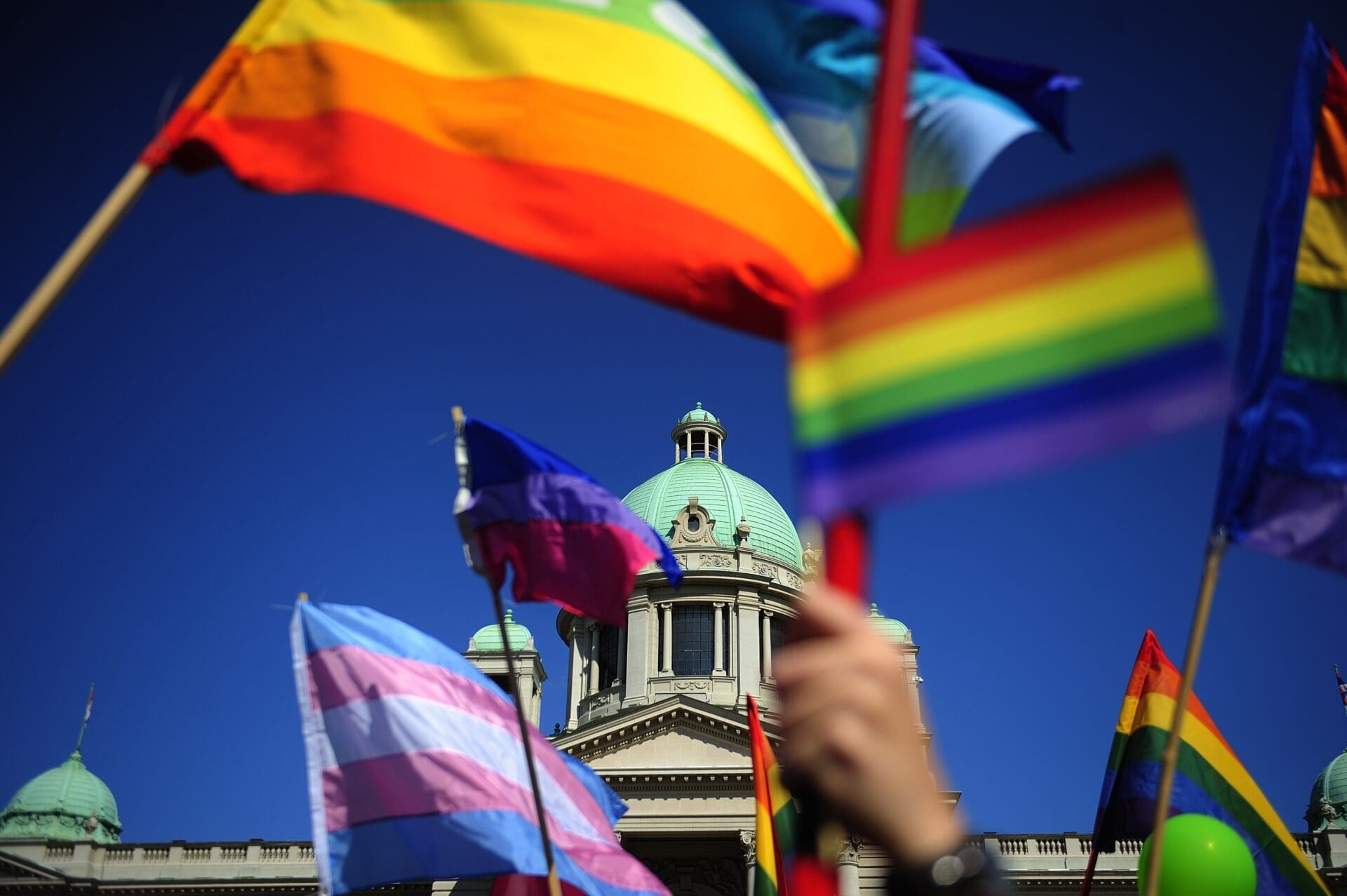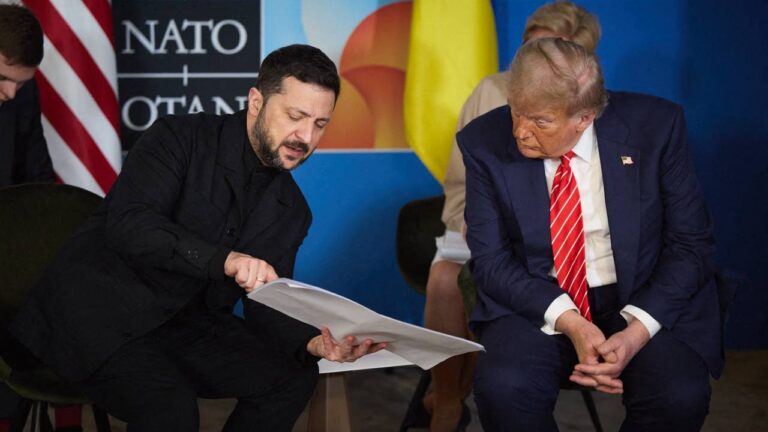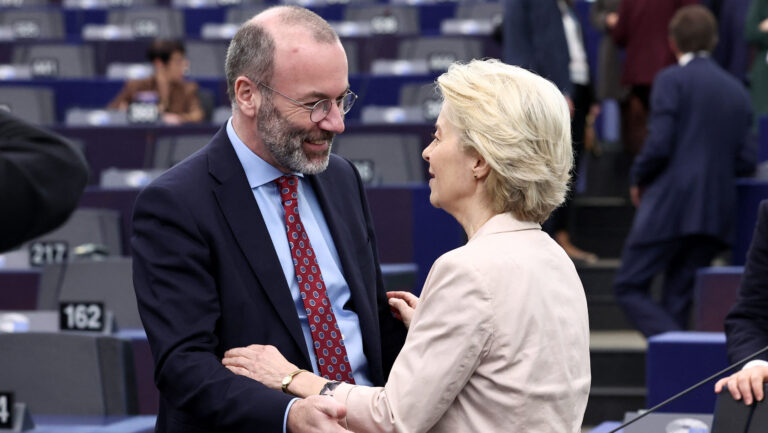On Wednesday, Bosnia and Herzegovina unveiled its new strategy to improve LGBTQ rights and liberties. The strategy is supposed to pave the way for same-sex civil partnership, assist transgender people with medical aid and permit them to legally change their documents. The strategy also aims to prevent and punish hate speech targeting the LGBTQ community. Just two years ago, neighbouring Montenegro became the first none-EU state in the Balkans that legalised same sex civil partnerships. In the case of both countries, the steps to address LGBTQ-related issues were taken to conform to EU norms and thus advance their accession to the bloc. Neither of the two countries’ populations welcomed the measures, with protestors continuing to rally against the liberalisation of LGBTQ-related laws.
Treating everyone as equal and respecting everyone’s civil liberties is indeed a very important principle that any country wishing to join the EU should uphold. However, the tendency to push LGBTQ rights only to conform to EU standards is worrying on multiple fronts. First, the advancement of LGBTQ rights should not be used to divert attention from the lack of progress regarding other accession criteria. While LGBTQ-related matters may seem to be a top item on the West’s agenda, it does not mean that they represent the most important issues a country should address before being admitted to the EU. For instance, the prevalence of corruption in the Balkans is well known. In order to comply with EU standards, the region should address its corruption problem, and should not be allowed to use the endorsement of LGBTQ rights as a distraction.
The second issue with pushing LGBTQ rights to please the EU is even more concerning. What is the worth of this kind of ‘progress’ if it is imposed on countries, and are not supported by the native population? By and large, all accession criteria follow the ‘one size fits all’ principle—but what if one size does not fit all, and a country’s population wishes to address such matters differently from the EU (putting aside the concern whether it is at all the time for the region to address this particular question, instead of, for instance, focusing on ethnic tolerance)? On the one hand, accession criteria rightfully establish a baseline each EU country should meet. On the other hand, it should also be appreciated that each country has its own path of development, with unique challenges and solutions. Pushing the LGBTQ issue might be important for the Western public—but it might not be so much in the Balkans where it might alienate the population that is still mostly unsupportive of extending LGBTQ rights. Even among EU member states, there is no uniform agreement these rights—so pushing non-member states to adopt not-so-settled standards on this front is ill-advised.
READ NEXT:








